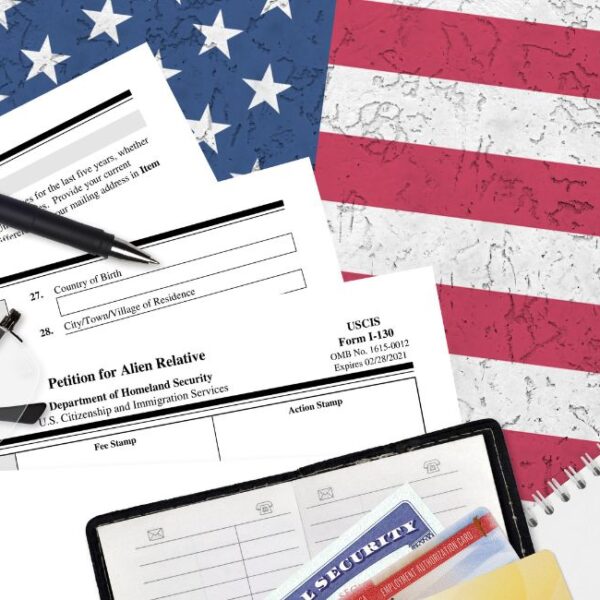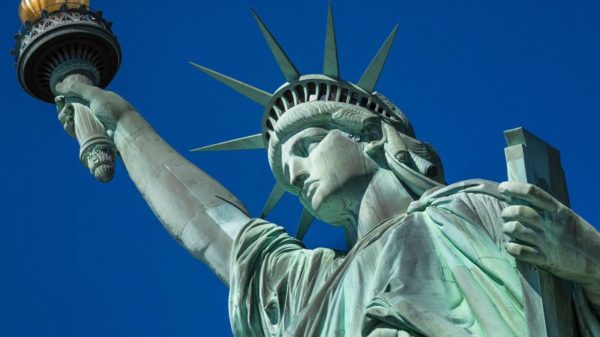
Magazine, Immigration Guest Article By Marco Scanu
At Visa Business Plans, we have prepared thousands of E-2 business plans. A common question we are asked is – why do E-2s get denied?
There are several reasons for E-2 denials. One of the most common causes of visa denial is when the investment is low, or it doesn’t meet the requirements and visa adjudication standards.
To qualify for an E-2 visa, the investor must make a substantial investment in the United States. Even though the actual amount depends on the nature of the business and other factors, any investment amount under $100,000 may be subject to greater scrutiny from a consular or adjudication officer.
E-2 business plans with low investments of $50,000 or lower can be successful, but this is the exception, and not the rule. Very low investment amounts will not work for all E-2 visa cases.
To determine whether an investment is substantial, an adjudication officer will apply the “proportionality test,” which is an inverted sliding scale. The less the business costs to start up or purchase, the more that has to be spent before filing the application. Although there is no magic number for determining whether a business is substantial, investments constituting 100 percent of the total cost would typically qualify for a business requiring a startup cost of $100,000. On the other hand, an investment of $2 million in a $5 million business will most likely be considered substantial.
A common misconception among some foreign investors is that an E-2 can be obtained by just putting money in a business bank account. Nothing could be farther from the truth. Putting the investment funds in a bank account, without an actual commitment, is not enough to qualify for an E2 visa.
As the investment section of the business plan will break or make the E-2 visa petition, this should be taken very seriously, and it is critical to identify low investments or pinpoint potential issues that may result in denials.
Another reason why E-2 visas are denied is the U.S. entity’s growth and expansion plans, or simply put, the visa adjudicator does not think the E-2 business will generate sufficient jobs for workers in the U.S. The main reason the E-2 visa exists is to bring foreign investment that will create U.S. jobs. Therefore, the adjudicator will look at the probability of success of the business and the ability for the business to hire workers in the U.S. While this is not a new requirement, it has gained increasing importance under the current administration.
Since President Trump signed the Buy American and Hire American executive order in April 2017, the U.S. government has made changes that impact how consular officials are issuing E visas. When the initial application is made, a solid business plan should accurately forecast how many direct and indirect jobs the U.S. business will generate as well as the projected salary for each position. Easier said than done. The growth projections must not only satisfy current immigration criteria and standards but must also be aligned with the industry’s growth and the business’ potential, resulting in a credible plan that meets the expectations of consular and adjudication officers.
A solid business plan can be your best ally against denials and elevate your chances of getting your E-2 visa approved.
Marco Scanu is the founder of Visa Business Plans, which has helped thousands of clients develop effective immigration plans. For more information, visit www.visabusinessplans.com.











